The human organism performs hundreds of tasks to maintain good health every day. So that life is possible at all, it ensures a beating heart and a functioning lungs. Each of these processes requires energy that has to be supplied from outside. The power supply of the body represents a complex interplay.
What is the power supply?

The energy supply is the basis for human existence. Without carbohydrates, proteins and fats, the body would not be able to maintain all functions. The required energy is differentiated into basal metabolic rate and total metabolic rate: while the basal metabolic rate describes the calories that are only used for the work of cells and organs, the total metabolic rate includes all movements.
A deficit leads to a loss of adipose tissue, which is sometimes brought about consciously, while in other people it is a sign of disease.
The energy supply in the body itself takes place via different structures. First of all, the uptake of nutrients through food is decisive. The usable elements are finally made available via the digestive tract and later transported with the help of the blood to each individual cell in the body so that they can work and there are no health problems.
Function & task
The task of the energy supply is thus to make life possible. Through the various processes, all organs get the energy they need to function. In this way, the heart beats at regular intervals, oxygen gets into the lungs through inhalation and exhalation, and food is converted in the digestive tract.
A disruption in the energy supply can result in relevant complaints because it is so irreplaceable in everyday life. Basically, the organism needs carbohydrates, proteins and fats. Proteins only serve as a secondary energy supply. They ensure the creation of new structures and are particularly relevant in growth, muscle building or injuries.
Carbohydrates and fats, on the other hand, provide energy. The nutrients are absorbed through food. Digestion plays a central role in the energy supply. This begins in the mouth as soon as the saliva mixes with the food. In human saliva there are specific enzymes that are able to split long carbohydrate chains into shorter ones, so that the stomach and intestines are relieved.
Carbohydrates are made up of different sugar molecules. In the course of digestion, the chains are broken down into their individual parts, so that in the end simple sugars are present. In this way, for example, glucose or fructose molecules are created.
However, digestion itself is not responsible for utilizing the energy. It only ensures that carbohydrates are broken down into simple sugars and proteins into amino acids. Here, enzymes play an important role, which are transported from the pancreas into the intestine during the various processes.
After the nutrients have been removed from the food and broken up, they enter the blood. The red blood cells distribute glucose, fructose, amino acids, etc. to the individual cells. The metabolism only takes place in the cells themselves. The molecules transported serve the cells as energy and a working basis. In this way, all structures are enabled to perform their function.
The food is temporarily stored in the stomach so that people do not have to eat continuously to maintain their body functions. In addition, the organism succeeds in creating memory as soon as it receives more than it needs. So fat deposits develop in different places, which can be reactivated in the event of a lack of food and used for energy supply.
Illnesses & ailments
The energy supply can be restricted in different ways. For example, disturbances and complaints can occur during digestion. These are often noticeable in the consistency of the stool, for example in the form of a fatty stool. A fatty stool indicates that the body is not able to process the lipids in the best possible way, so that they are not available as part of the energy supply. In principle, various factors come into question for a fatty stool, for example a lack of bile acid or pancreatic fluid, from which a disruption of the intestinal cells results.
Another possibility is malabsorption. The fat is digested properly, but the cells of the intestine do not absorb it. Malabsorption is noticeable, for example, due to chronic inflammatory bowel disease or gluten intolerance. Similar observations can be made for strength in the stool. The trigger here is often a disorder of the pancreas. In both diseases, less energy is absorbed by the body than it was actually supplied. Long-term complaints can lead to a decrease in body weight.
In addition, hormones can change the energy supply. An over- or underactive thyroid is one of the most common hormonal diseases. The thyroid plays an important role in the metabolism and therefore also in the energy supply. For example, inflammation of the organ leads to a loss of thyroid tissue, which produces hormones, due to the body's own defenses. The metabolism slows down.
Diabetes, on the other hand, is a disorder of the carbohydrate metabolism. Type 1 diabetes is characterized by a lack of the hormone insulin, which increases the sugar content in the blood. With the second type, the organism has sufficient insulin, but disorders lead to the body being insensitive to the hormone.

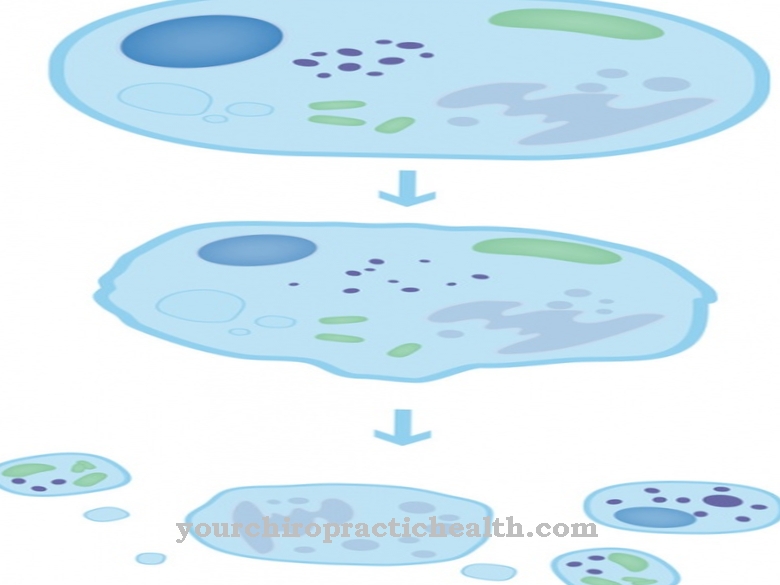
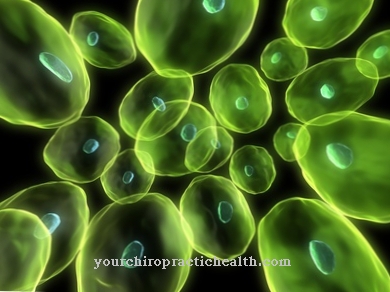


.jpg)





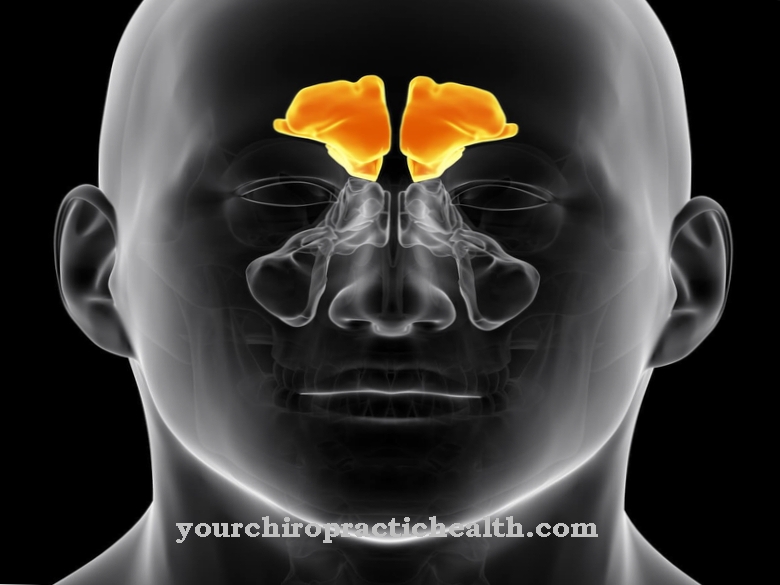
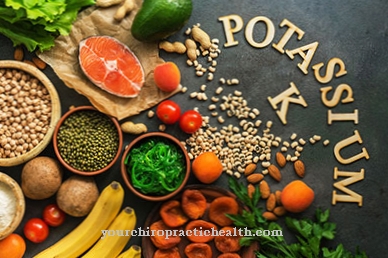
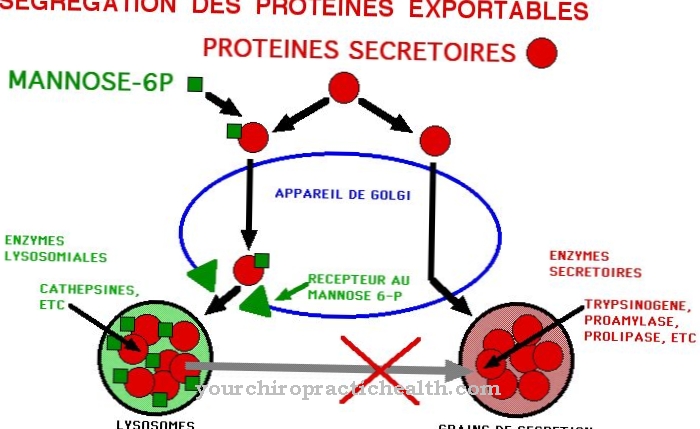

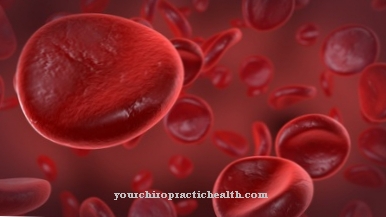




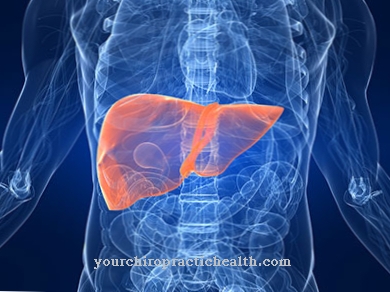


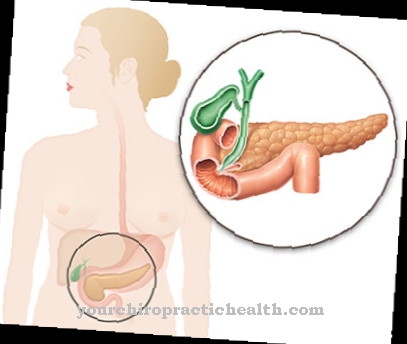
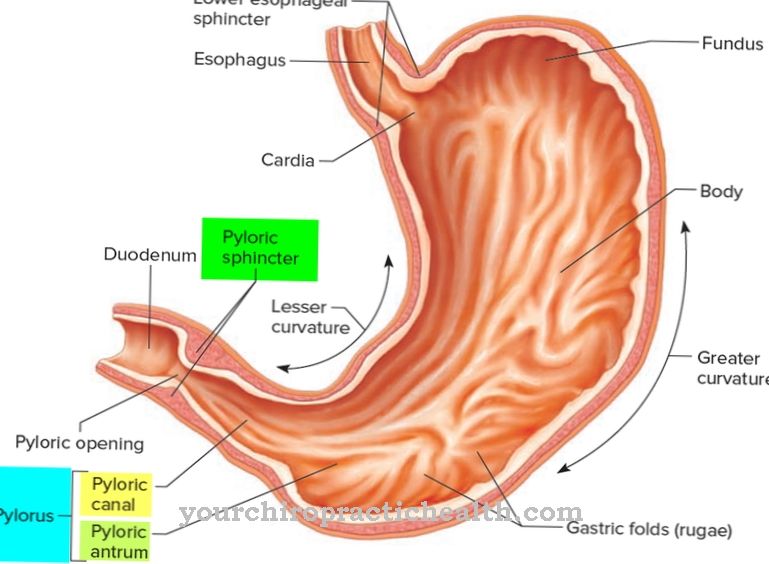

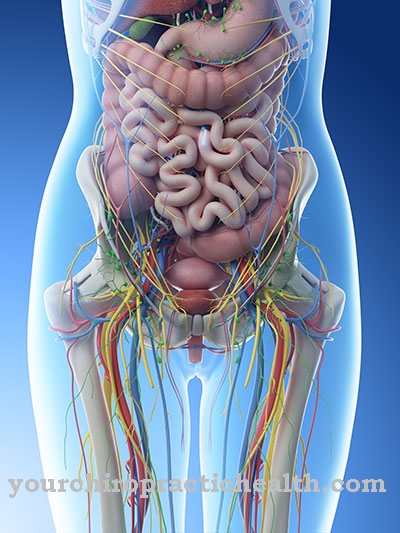

.jpg)